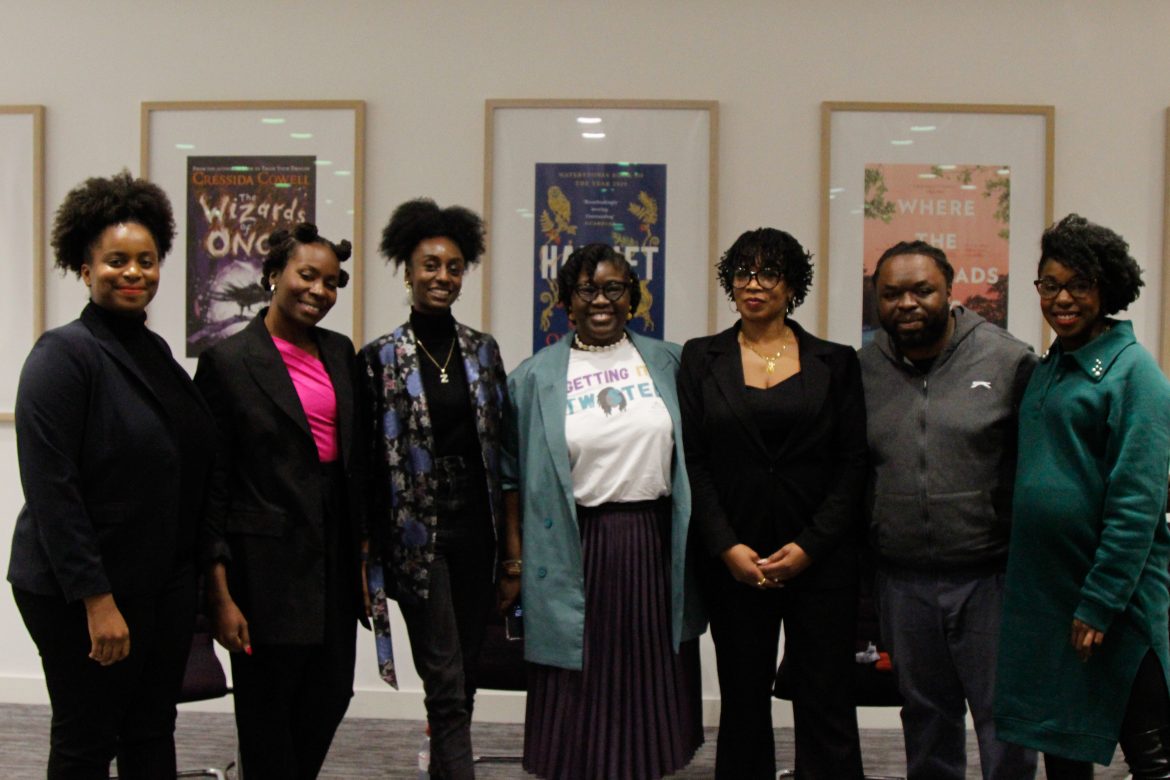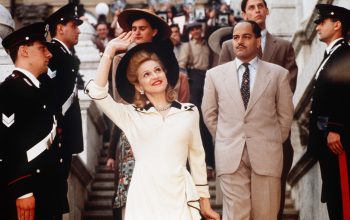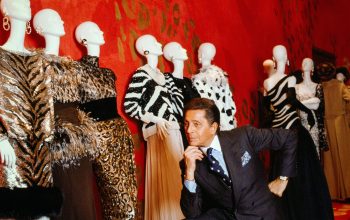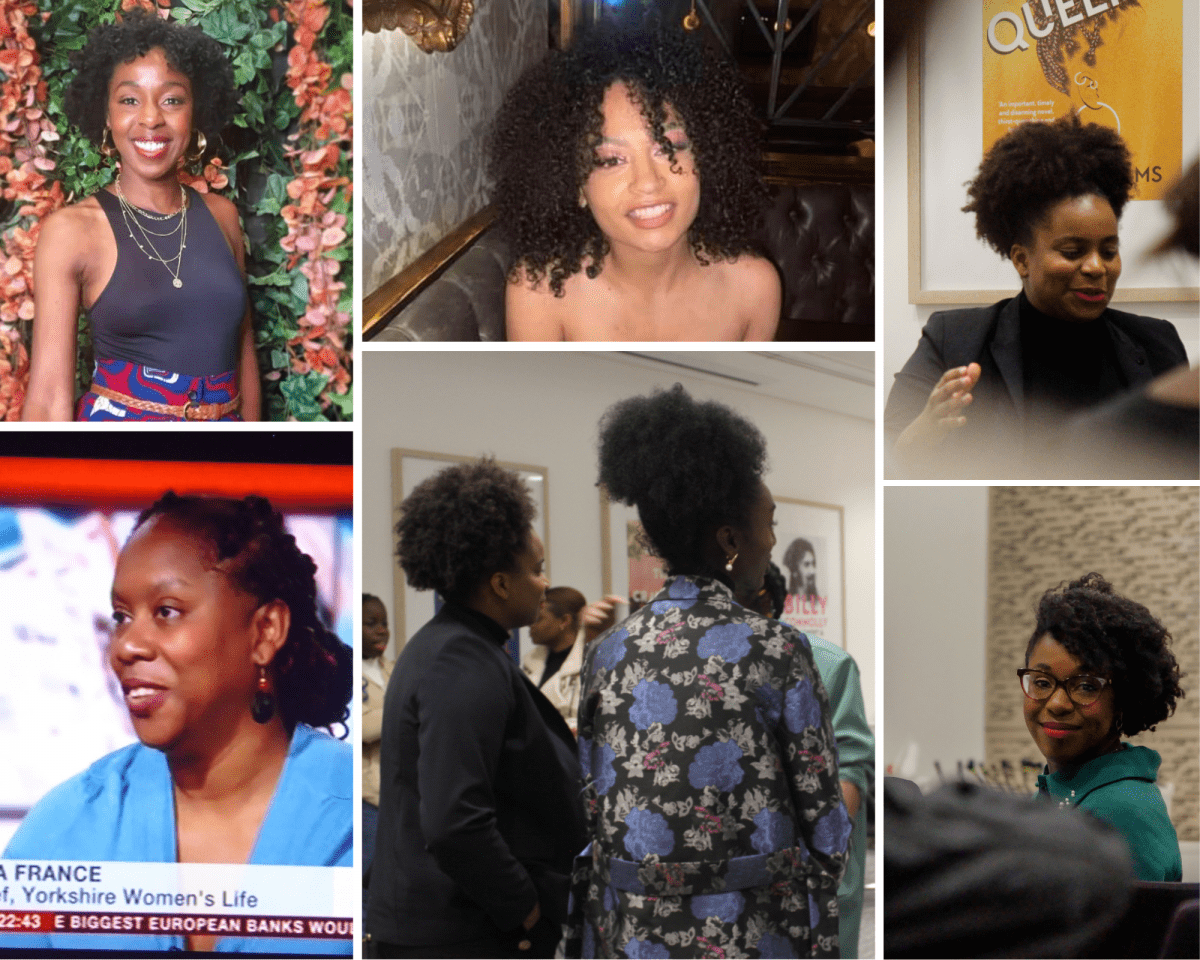
Journalist and Broadcaster Dawn-Maria France went through a journey from hiding her natural afro hair, to straightening her hair for interviews to then deciding to leave her hair natural. She wanted employers to see the qualifications and the skill set that she had rather than just seeing her hair.
“I noticed at school I was criticised for being the ‘wrong’ colour and for having the ‘wrong’ hair. Then I started straightening my hair, I received much more positive treatment from teachers, compared to when I had my hair in plaits or curly”, France said as she spoke about her hair journey growing up as a mixed race woman.
Stories similar to France’s are aligned with a recent study by skin and hair care brand Dove, which found that one in four of Black adults had been sent home from work or faced disciplinary action as a result of wearing their hair in a natural or protective style.
The study additionally found that nearly half of Black or mixed-race women with afro or textured hair had experienced race-based hair discrimination, sometimes as early as the age of five.
The Equality Act 2010 states that schools must not discriminate against, harass or victimise pupils because of their race, religion or belief. However, the Equality and Human Rights Commission (EHRC) in October said, from court cases, research and the experience of their stakeholders, there had been an indication that hair-based discrimination disproportionately affected girls and boys with Afro-textured hair or hairstyles.
Following this research the EHRC published new guidance in October of this year which states “Pupils should not be stopped from wearing their hair in natural Afro styles in schools.”
Chief Regulator at EHRC Jackie Kileen added: “Every child deserves to be celebrated for who they are and to thrive in school without having to worry about changing their appearance to suit a potentially discriminatory policy.”
“I remember when I was in high school, I was sent to the back of the classroom because I was in the front and boys (who were bullying me at the time) complained that my hair was blocking their view, so I was moved,” said student nurse Aimee Ceannon.
It’s time to continue to speak about and celebrate Black hair styles to push for change.
Women’s Experiences in 2022
It is clear that there is a common ground for Black women and men who face these challenges daily from discrimination of hair, to the touching of Black hair without permission to simple dialogue that is in fact racist.
From growing up mixed-race with afro hair in a majority white area in Ireland, I also experienced internal and external challenges with my hair up until two years ago. This included trying to fit in with everyone else around me, which resulted in straightening my hair most days to then having my natural hair touched and pulled when in school and work.
Project Embrace, an organisation that celebrates and educates on Afro textured hair, recently held an event “Your Hair, Your Story” which was a discussion panel covering all things black hair.
Presenter, producer and journalist Jacqueline Shepard hosted and explained the difference in speaking to a room of Black people about her hair journey in comparison to a room of Non-Black people.
“It is completely different, largely because there is a collective experience and you’re not met with disbelief or questioned, you’re met with understanding and potentially ways in which to navigate similarly uncomfortable moments moving forward,” she said.
“Having said that, I think it’s really important to talk to people outside of the Black hair community because it’s essential to address the curiosity and often microaggressions that persist.”
This is why now is the time to keep the conversations happening. It’s 2022. It’s frustrating for Black people to witness these things happening and these issues still occurring, however speaking about them is how we make change happen in the first place.
“Racism is a habitual way of thinking around differences. It is important to celebrate small changes because celebration is a powerful way of changing habits or behaviour. How do we change the habit of seeing beauty and hair? We celebrate people with their natural Afro-textured hair and celebrate changes to policies no matter how small,” said founder of Project Embrace Lekia Lee.
To strip away a Black person’s identity by discriminating against their hair is to strip away more than identity. It is also denying them of their heritage, their history, who they are amongst many other downgrading factors.
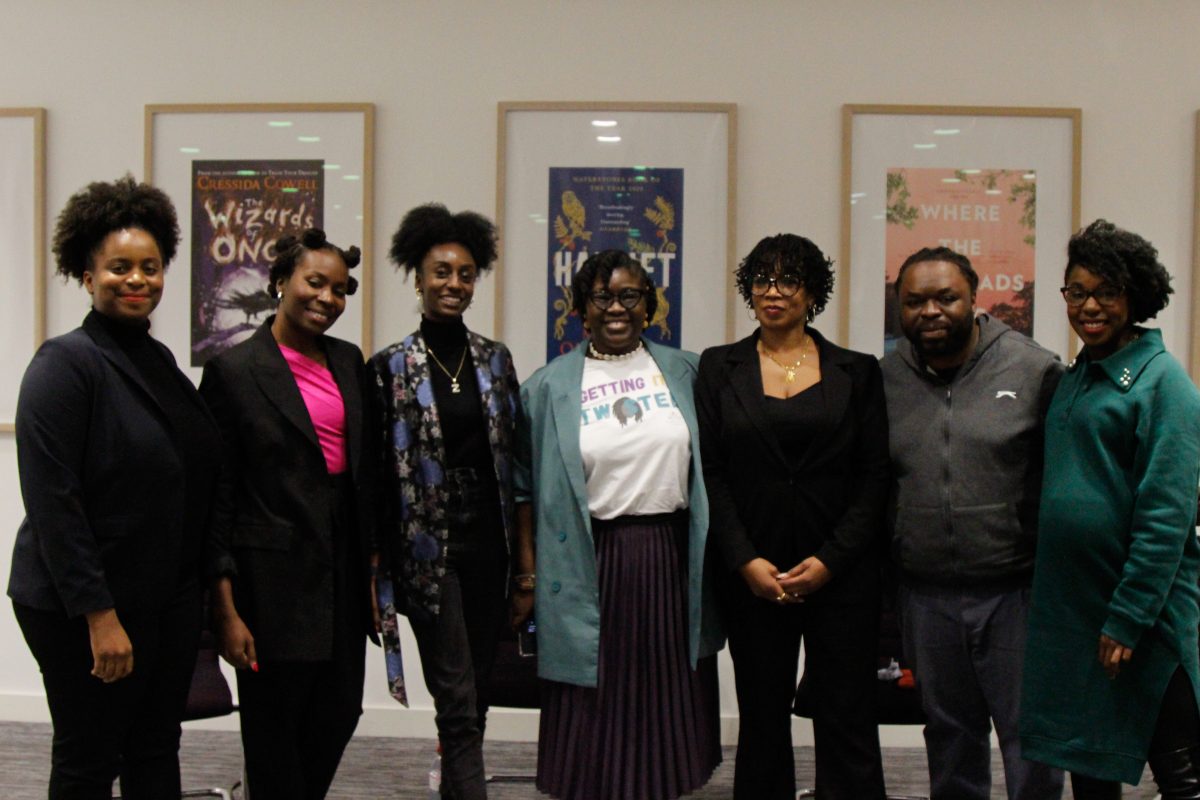
The History of Black Hair
Naomi and Natalie Evan’s Book ‘The Mixed-Race Experience’ states “Stigmatising Black, Afro, curly hair was a way colonists gained mastery over Black people. When first enslaved, they were forced to have their hair shaved off, which was a dehumanising act.” It was a way to strip them off their identity.
With laws such as The Tignon laws prohibiting Black and Mixed-Race women from showing their hair abolished in 1803 and through to the early 19th century, many Black and Mixed-Race women still didn’t fully show their natural hair. The hot comb was introduced in the 1800s to enable Black and Mixed-Race women to access the European standards of hair.
However, we are seeing change. Now more women are embracing their natural hair and this is why we need to appreciate it, celebrate it, not condemn it after decades of hiding out of fear.
A common goal amongst all women I spoke to was to celebrate everything, to help make a change for young Black children growing up. No child, due to their race, should have to face discrimination and be outcasts due to their hair. We have all experienced it and it’s time now to make sure it doesn’t continue to happen.
It’s time to embrace our hair.
“We need to be our own beauty Queens,” said France.

